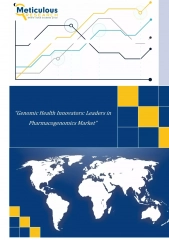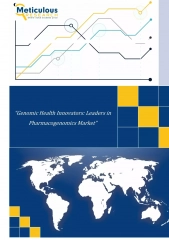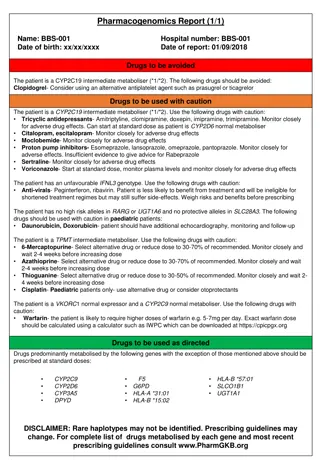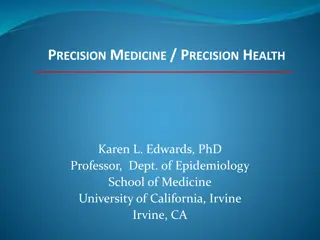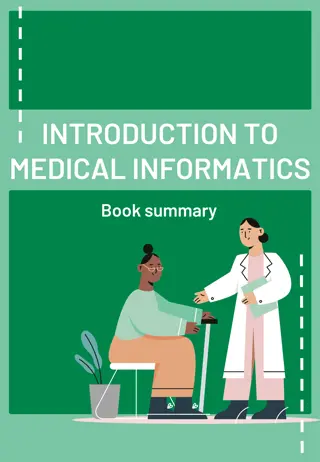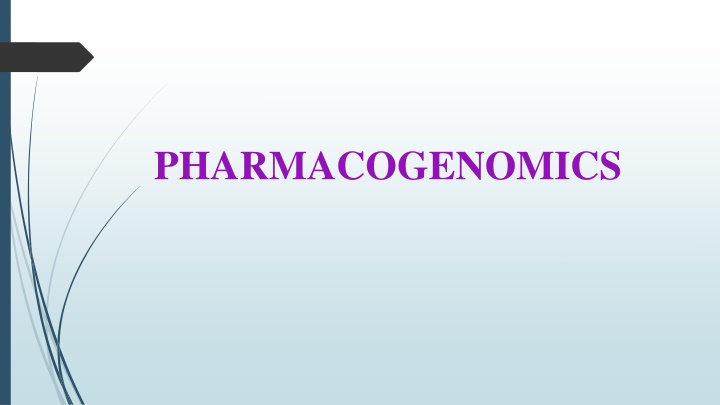
Pharmacogenomics
Explore the field of pharmacogenomics, where genetic information is utilized to optimize drug selection and dosing for individuals. Learn about goals, factors affecting drug response, ethical considerations, impact on personalized medicine, challenges, and opportunities.
Download Presentation

Please find below an Image/Link to download the presentation.
The content on the website is provided AS IS for your information and personal use only. It may not be sold, licensed, or shared on other websites without obtaining consent from the author. If you encounter any issues during the download, it is possible that the publisher has removed the file from their server.
You are allowed to download the files provided on this website for personal or commercial use, subject to the condition that they are used lawfully. All files are the property of their respective owners.
The content on the website is provided AS IS for your information and personal use only. It may not be sold, licensed, or shared on other websites without obtaining consent from the author.
E N D
Presentation Transcript
CONTENTS Introduction Goals of pharmacogenomics Factors affecting response of drug Impact of pharmacogenomics in personalised medicine Ethical issues Challenges and future opportunities Advantages Disadvantages
INTRODUCTION Pharmacogenomics uses information about a person's genetic makeup, or genome, to choose the drugs and drug doses that are likely to work best for the particular person. This new field combines the science of how drugs work, called pharmacology, with the science of the human genome called genomics.
GOALS OF PHARMACOGENOMICS The diagnosis and prescription of A drug and its dosage, based on the patients genetic makeup. The major objective of the pharmacogenomics is to study and catolog all the genetic and Epigenetic variants that cause variation in drug response.
FACTORS AFFECTING RESPONSE OF DRUG Genetic polymorphism Epigenetic and other factors Pharmocogenomics biomarkers Personalized medicine
IMPACT OF PHARMACOGENOMICS IN PERSONALISED MEDICINE Cancer Cardiovascular diseases Anaesthesia Type-2 Diabetes Thrombosis Neurodegenerative disease Depression
ETHICAL ISSUES RELATED TO PERONALISED MEDICINE Ethics of personalised medicine became an issue when a healthy person has been reported to have a high risk of breast and ovarian cancer. Also associated with the use and storage of genetic information of an individual. Many research organisation have confined their study and tests related to a specific genetic disorder in certain groups of people or region. Protection of privacy of genetic data of an individual from the government or insurance companies.
CHALLENGES AND FUTURE OPPORTUNITIES To manage the complexity associated classification of disease. A better diagnosis of the disease can improve the rate of cure. Systematic storage, retrieval and analysis platform of required to store the clinical data and also for decision making. Pharmacogenetic tests should be adopted based on their clinical utility and cost effectiveness.
ADVANTAGES To predict a patient response to drugs. To develop personalised prescriptions To minimize or eliminate adverse events To improve efficacy and patient compliance. To develop more powerful and safer vaccines.
DISADVANTAGES Identification of small inter-individual variation in everyone gene is very difficult. Expensive. Ethical issues

